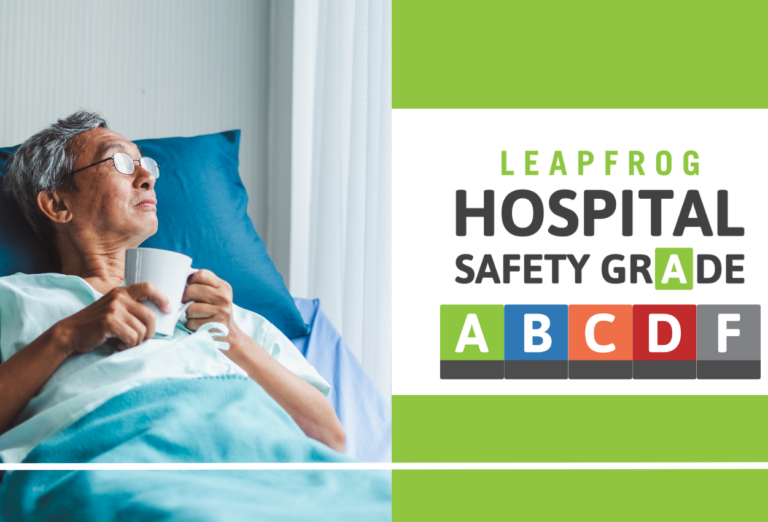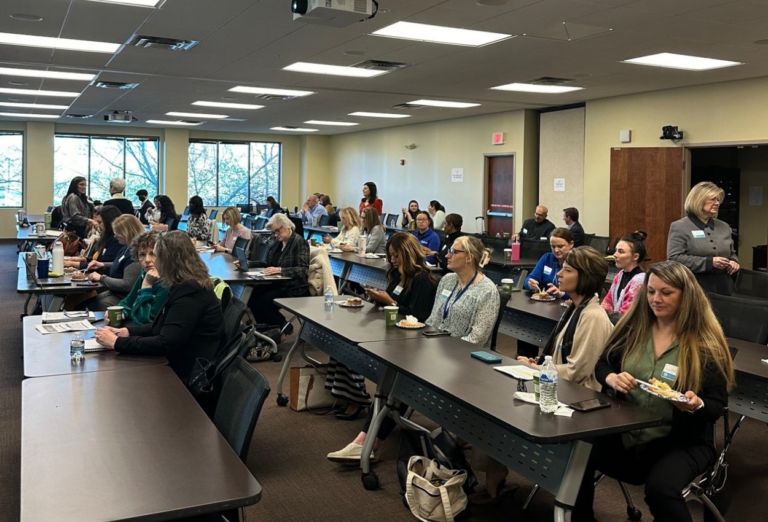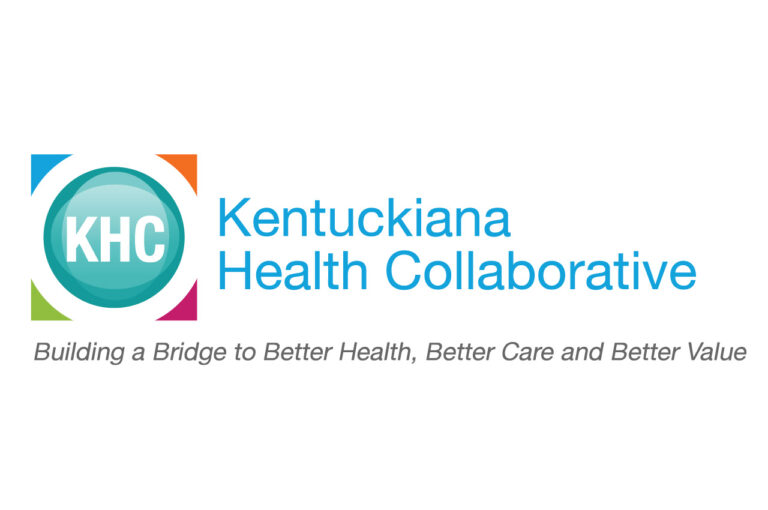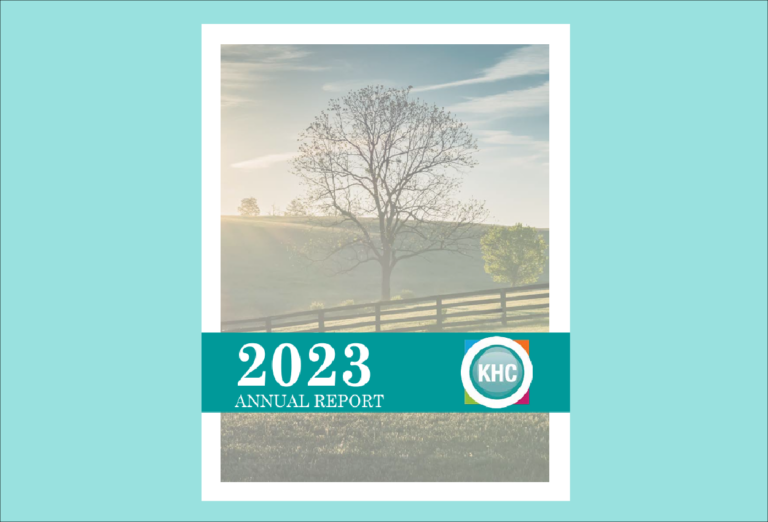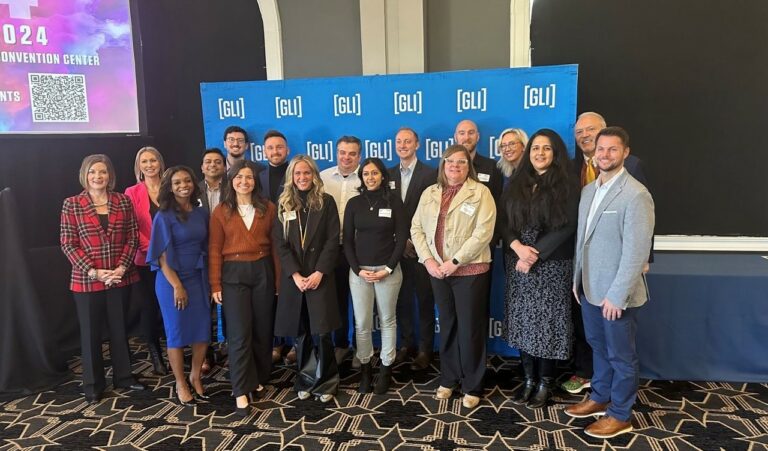(Note: this guest piece was written by Jason Scherzinger, Manager, Employer & Community Health Initiatives, Anthem National Accounts. Jason is a co-chairperson for the Kentuckiana Health Collaborative.)

As individuals we are faced with many opportunities to define ourselves and those we support on a daily basis. While adults typically make more than 30,000 choices daily- what to eat, what to wear, when to get out of bed, and many other miniscule choices that will impact our lives – the main choices we may make concerns our health. These choices we make around health today can have a lasting impact on our future selves and the communities we serve. As Eckhart Tolle states, “Steps you are taking right now is PRIMARY, the destination is SECONDARY! What you encounter once you get to your destination is DEPENDENT on this ONE step.”
Now imagine it is a normal day of making thousands of choices and you, or a loved one, are now faced with a diagnosis from your doctor. Not only are you still having many daily life decisions to make, but now you have entered the world of healthcare and are trying to figure out how to best manage a diagnosis for you or someone you care about. As your emotions like anger, sadness, fear, and confusion begin to take hold, what is the next step that you will take? While this is likely one of the most important steps you may deal with, this is also where many of us feel the most confused about where to start and how to cope with the news that may have changed your current path. Why does it have to be this way? Why should a diagnosis of a chronic – or acute – condition add so much stress and anguish to our everyday decisions? Why do we, as patients, have to decipher between good and bad information that is out there? Essentially, why does it have to be so darn complicated to make the best decision and take that first step on our journey?
The question that I often ask myself is: Who is looking out for me, the patient? As a 30-something male (at least for a few more months), I fall squarely into the that rarely, if ever, engages with their physician. Why is this? Maybe because I view that as a choice or decision that isn’t a high priority. Maybe because I view my time spent at the physician’s office as inefficient and a waste of time? Maybe because the doctor doesn’t seem interested in me personally and therefore it makes me uninterested in them, or even my own health? Maybe because I don’t want to know that something is wrong or simply be prescribed a medication after my short interaction with the medical professional? I’m sure it is a myriad of these things and more, but in the end I see the doc as just not having the time to support my needs as a patient or a person. Often, this makes those tough decisions even tougher when you feel that you are alone in trying to make them. This further frustrates each of us and complicates the steps we need to take today to influence our future destinations.
Now the real question – how do we bring back the days when medical professionals had time to interact with their patients and give them the attention they deserve and desire? Think about those 30,000 choices we mentioned earlier and the changing dynamics when you add in the complexities of caring for one’s health. How do we simplify the work of medical professionals to ensure that they are able to support the needs of their patients and provide the service that everyone desires, medical professionals included? While I am not a physician or expert in this area, I have been in the healthcare industry for 15 years and a patient my entire life. While there are many great s and people focused on this very issue, many of the solutions seem to continue to add to the complexities of the end user and the service provider. When you think about the solutions, many acronyms come to mind that even I have to look up to see what they mean, but many of them are reworked solutions from the past that are being recycled.
How do we truly lead change that will make a difference? In my opinion, change needs to happen collectively and not through siloed approaches. This is what excites me about the opportunity to start my term as Co-Chair for the Kentuckiana Health Collaborative and chair of multiple other s in Indiana and Ohio. Participating in the conversation is part of the solution and primary part of moving the needle. However, conversation and discussions will only take us so far. Moving to action is often very difficult in these s because there are often many competing viewpoints that are not flexible in their approach.
This action is exactly what the Kentuckiana Health Collaborative (KHC) has been doing for well over a decade and really begun to accelerate in in the last five years. The KHC has been able to bring together the many voices of healthcare to move the conversation from talk to action. While this hasn’t been easy, one of the most recent success of the KHC revolved around the development of the Kentucky Core Measure Sets and bringing together more than 70 experts from Kentucky to represent the Performance Measures Alignment Committee (PMAC). This was very inspiring and shows what we can do if we come together, for the good of Kentucky, to move from talk to action. While there is still much work to do for this to be adopted, the importance of this is that they brought everyone together to enhance the healthcare experience, which is the overarching goal for everyone, in my opinion, that touches the medical space.
As I mentioned earlier, we all make tens of thousands of choices every single day, but what you are doing today to make a difference in the communities you serve may end up being the most important decision you make to ensure a brighter future for those you represent. If you haven’t already, please take that first step in supporting s like the Kentuckiana Health Collaborative to ensure that the end destination is healthy and bright for all those we serve.

